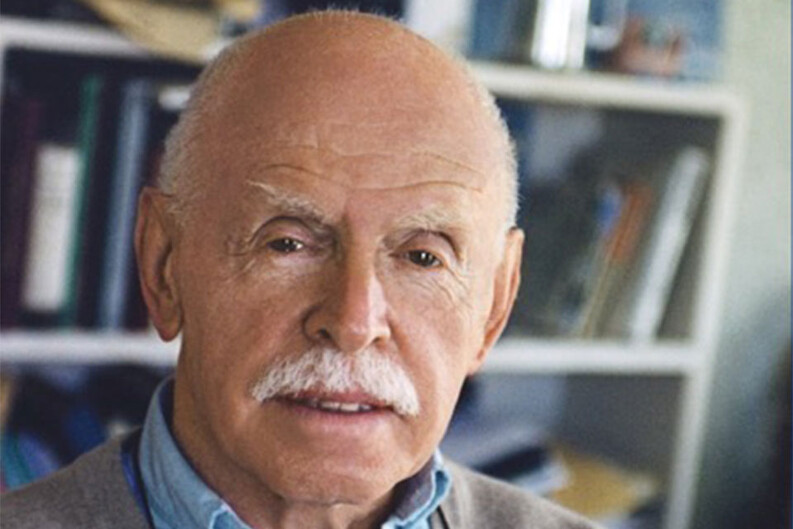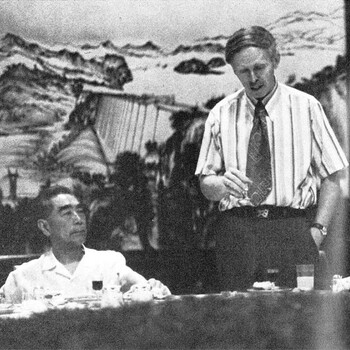Jerome Cohen Discusses the Role of Law in U.S.-China Relations

Professor Jerome Cohen ’55, America’s leading expert on Chinese law and government, gave a talk via Zoom to a large gathering of students and faculty at Yale Law School and beyond on February 10, 2021. Cohen, a professor at NYU School of Law and the founder and director of NYU’s U.S.-Asia Law Institute, was introduced by Paul Gewirtz, Potter Stewart Professor of Constitutional Law and director of the Paul Tsai China Center. Cohen gave a robust and wide-ranging account of the pressing law-related issues in U.S.-China relations facing the Biden Administration.
Cohen is renowned for establishing and advancing the professional study of Chinese law in the United States in the decades immediately following China’s Communist revolution. He has been and remains a mentor to generations of scholars, lawyers, and activists, and in recent years has been one of the world’s most outspoken critics of China’s human rights practices.

Professor Cohen and Chinese Premier Zhou Enlai in 1972.
In his remarks, Cohen noted that the Biden Administration’s policy toward China will need to be composed of four approaches, each with distinctly defined points of focus: cooperation, competition, criticism, and containment.
Regarding cooperation and competition, Cohen noted that the United States will need to both work with China on issues such as climate change and public health and compete with China on fronts such as technology and international rulemaking. Each of these important elements of U.S.-China relations should be defined, regulated, understood, and interrogated in the vocabulary of law. Both cooperation and competition should take place within well-formulated legal frameworks and be subject to clearly defined rules.
Turning to criticism, Cohen gave a full accounting of issues on which Beijing should be criticized, arguing that the U.S. will need creative legal responses for each of these areas, including the Chinese government’s treatment of human rights lawyers, abuses in Xinjiang and Tibet, the erosion of the rule of law in Hong Kong, the legal status of Taiwan, and disputes involving and militarization of the South China Sea.
Containment will also require considerable legal expertise. “Containment means alliances, which means treaties, which means law,” Cohen said. Law will play a crucial role as the Biden Administration aims to reengage with America’s allies to coordinate policy toward China.
Cohen noted that progress in both China and the United States comes in pendulum-like fashion. “Periodic struggles require the enlistment of new generations who will join the fight,” he said. When asked where he finds cause for optimism amid the litany of evidence from around the world, including China, of abuses of power and disregard for the rule of law, Cohen answered: “Hope is found in history.”


